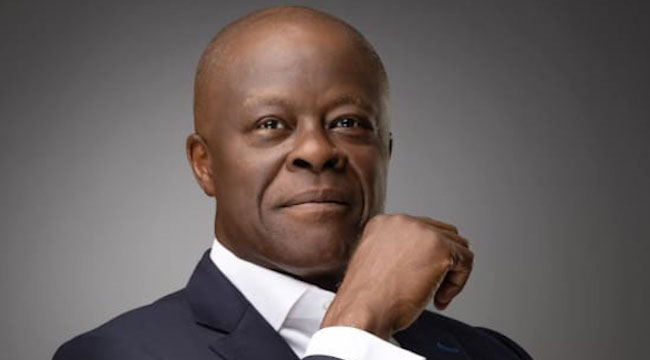Politics
Tinubu’s Finance Minister says Buhari left bad economy, Nigeria can’t borrow

The Minister of Finance, Wale Edun, has disclosed that President Bola Tinubu’s administration was handed a bad economy by former President Muhammadu Buhari.
Edun said Tinubu has promised to fix the economy, however, his government cannot presently borrow money to fund the administration’s projects.
“We met a bad economy, but Mr. President promises to make it better,” Edun, who is also the Coordinating Minister of the Economy said at the State House in Abuja on Monday.
Edun disclosed to the press that Tinubu’s focus was to create a macroeconomic environment for local and foreign investors to thrive, a situation that will increase investments and improve unemployment in the country.
According to the finance minister, Nigeria’s unemployment rate was still high despite the National Bureau of Statistics (NBS) reporting that the unemployment rate fell to 4.1 per cent at the end of the first quarter (Q1) 2023, compared to 33.3 per cent in Q4 2022.
READ ALSO:Tinubu’s monetary policy adviser, Wale Edun, reveals reasons dollar sells at N860
He said youth unemployment was even unacceptably high, per capita is down and inflation has not been curbed. “Per capita had fallen steadily, inflation is at 24%, unemployment is high, you know they are rebasing how it’s calculated,” he said.
“Either way, it is high and youth unemployment is even unacceptably high, these are the key metrics that we have met,” Edun said.
Recall that the NBS reported that there was an increase in the number of males not working, rising from 15.91 per cent recorded between October to December last year, to 17.03 per cent in the first three months of 2023.
Although, the number of females not working dropped to 22.35 per cent between January to March 2023, from 22.35 per cent posted in Q4 2022.
Also, 73.37 per cent of females in the working-age population were employed in the first quarter of this year, compared to 67.31 per cent in the preceding quarter (Q4) 2022.
Similarly, 77.85 per cent of the working male population were employed in the first quarter of this year, up from 77.35 per cent recorded in the fourth quarter of last year.
Join the conversation
Support Ripples Nigeria, hold up solutions journalism
Balanced, fearless journalism driven by data comes at huge financial costs.
As a media platform, we hold leadership accountable and will not trade the right to press freedom and free speech for a piece of cake.
If you like what we do, and are ready to uphold solutions journalism, kindly donate to the Ripples Nigeria cause.
Your support would help to ensure that citizens and institutions continue to have free access to credible and reliable information for societal development.












